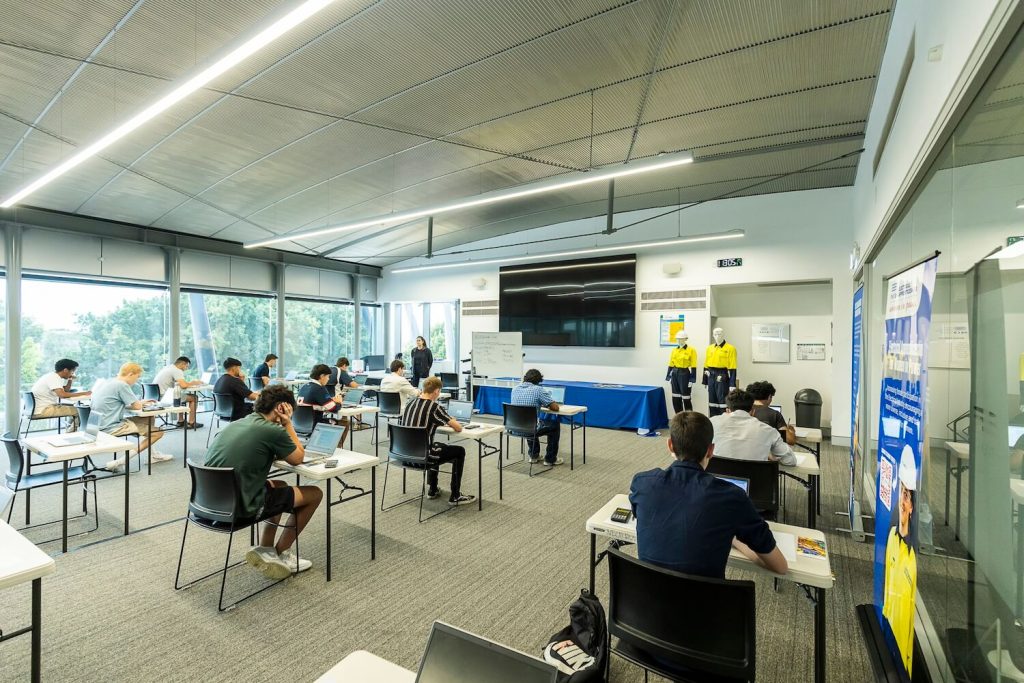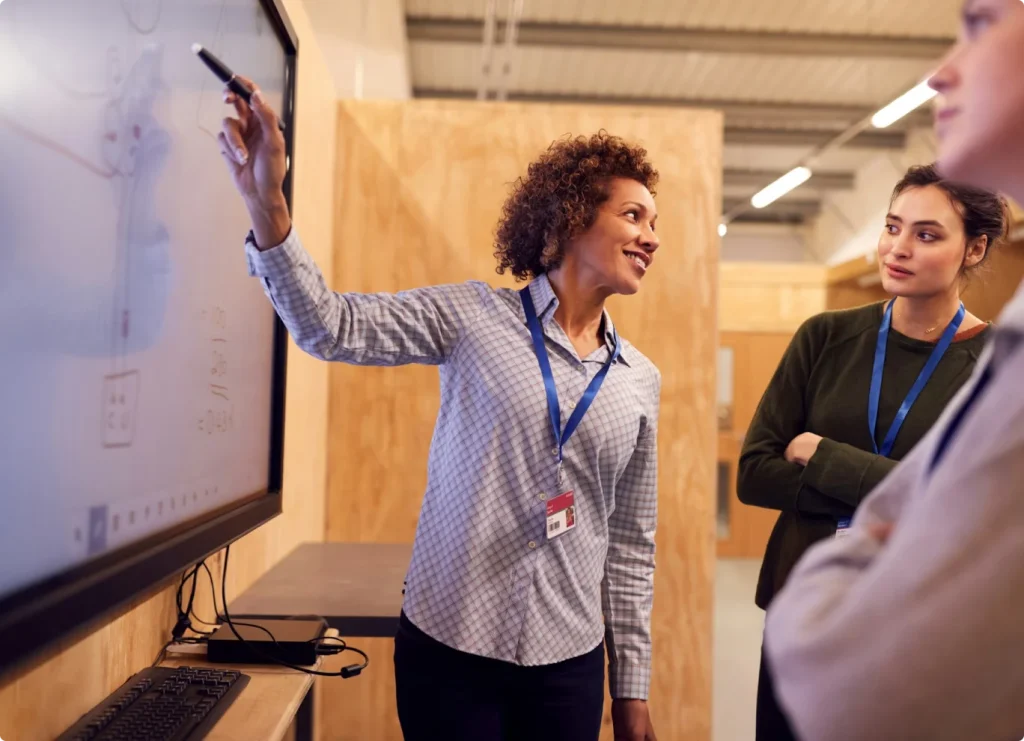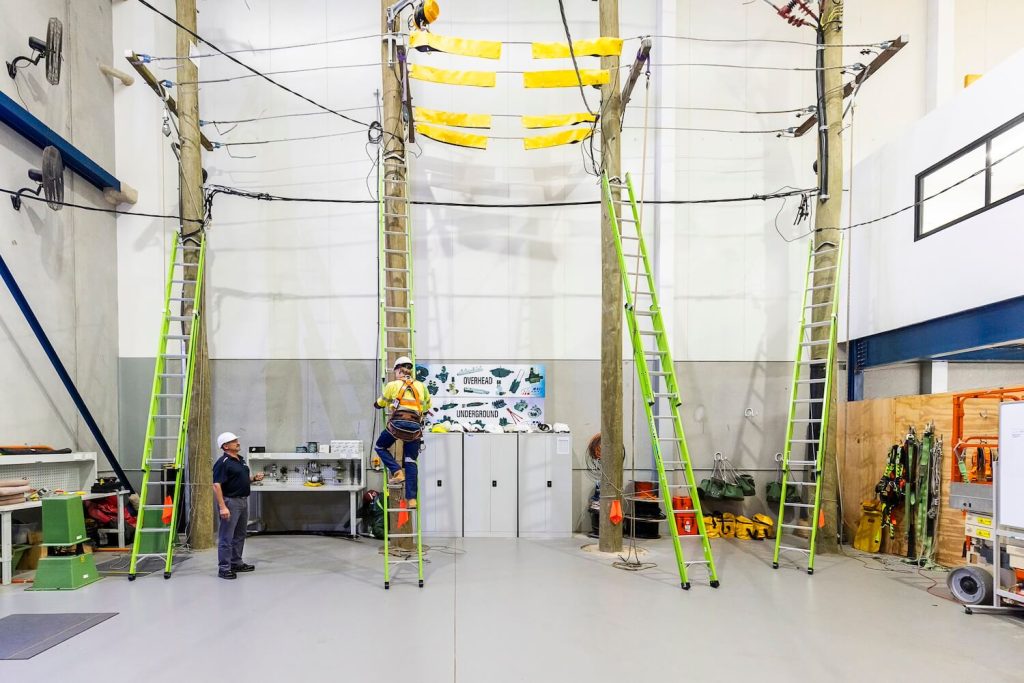5 Steps to Becoming an Electrician

Considering a career in the electrical industry, but not sure what is involved? We’ve broken down the steps to help you understand the process.
What is an Apprenticeship?
An Australian apprenticeship is a job combining paid work with structured learning. Earn while you learn, with theory training in a Registered Training Organisation (RTO) and real-world work experience on the job.
The usual model takes you from start to finish in four years working a normal 38 hour week with one day a week in college through most of the year.
Step 1 It all starts at School. Having good maths and literacy are essential to being successful in an electrical Career. Intermediate maths with a solid pass mark is the minimum. Additionally, subjects like technical drawing and metalwork, woodwork or engineering will give you some basic skills that employers look for.
Step 2 Decide where you want to work. If you live in a major city, it might be easier to find an employer than in the regions. Relocation may be a good option if it will give you access to reliable, varied work. Consider the various specialisations in the electrical industry; do you want to be an all-rounder or a specialist? This will help you focus on where to look for opportunities.
Step 3 Learn as much as you can during your four year apprenticeship to help you decide what sort of work you’d like to do when you graduate. The tradies you work with will pass on their skills and experience to you. As an electrical apprentice, you will gain all the skills you need to earn your own license: practical, technical and customer skills. You’ll apply your knowledge and fine-tune your skills across a variety of projects and work environments, showing you the range of opportunities our industry has available.
Step 4 Pass all the required subjects and sit your final test – the capstone. To be eligible to sit your capstone exam, you will be required to provide evidence that you’ve had enough experience in all the required skills. This is tracked during your apprenticeship using a system called profiling. Once you pass your capstone, you’ll have a national recognised trade qualification: A certificate III in Electrotechnology.
Step 5 Submit an application with Fair Trading NSW. You’ll need your Certificate III and evidence of your industry experience, confirmed by a licensed tradesperson, and you’ll come away with your own electrical license and your future in your hands.


